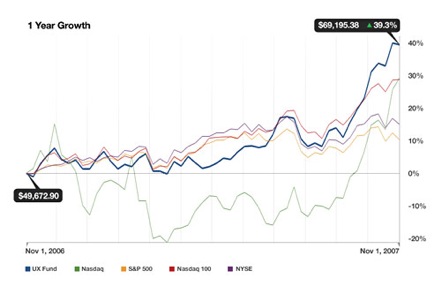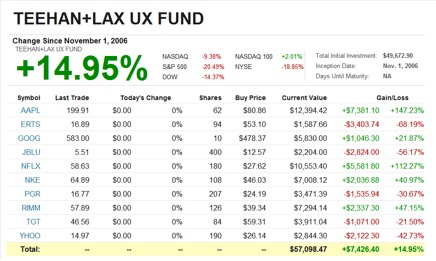My observation is that most organizations do not pay attention to the product usability while building their products. The myriad reasons, cited by misinformed product managers, product developers or management executives for not being able to address product usability during its development, are categorized under various headings below
Neglector
- Usability is not that important as long as right Technology choice is made and user is informed about such great ‘Technology’ decision
- Customer is waiting on this product release and there is very little time to do justice to feature functions we won’t be able to meet the dates
The Neglectors fail to understand the importance of product usability and how it affects great customer experience. Many times such Neglectors are in power positions and can influence the product direction and release without being formal owner of that product. Probably best way to deal with Neglectors is to make them understand on periodic basis (as one time effort won’t cut it) how product usability translates into great user experience and then in turn how it affects the company revenues.
Procrastinator
- Don’t have time to look at the product usability as the product must be launched as quickly as possible (presumably to gain first mover advantage)
- Build the feature/functions first then usability can be improved later through user feedback
The Procrastinators are the quick fixers, who either do not think things through or have knack of doing things in hurry. Probably best way to handle Procrastinators is to make them aware about how the product will not meet customer needs and hence it wouldn’t matter whether product is delivered on time or has all the functions. As long as user thinks they can’t they use the product effectively they will avoid using it as well as recommending it.
Overconfident
- Usability is not that important because user is necessarily not the buyer or may not be able to influence the buying decision
- Usability does not determine product popularity/salability as there are many other factors, which determine product success
- Good marketing campaign can always overcome any lacunae in the product usability or feature/functions
The Overconfident belittle the importance of product usability as these people think they can always (almost always) talk others (including customers) through (or almost brainwash) why their opinion is always right. These are the most difficult people to convince as they have already made a judgment. Probably the best way to deal with such people is to continuously show them examples of how product usability translates to higher ROI. You may also want to pursue such people to an extent that they start understanding how they can become more effective if they sell the idea of great customer experience.
I am sure we can come up with few more categories and few more reasons of why people think product usability is not as important as it should. But that is not the objective and with given examples I hope you got the point. As you can see many (includes product managers, product developers, managers and executives) in the organizations can come up with great reasons for not being able to work on product usability and some wouldn’t even stop from daring to ask the question ‘Who cares about product usability?’.
In my opinion people don’t buy products or feature functions they buy solutions to solve their problems. Therefore, the usability product delivers is directly proportional to the level of satisfaction user experiences through the use of product. My argument is that higher the product usability (or even service for that matter), which is in turn equal to great user experience, more satisfied and loyal the user base of the product will be. And when the user base of the product is loyal the organizations will not only benefit in the up market but will also be able to maintain stronghold in the down market.
I am sure my logic can appear faulty to many so here is an example, which illustrates the importance of delivering great user experience. Some investors set up an UX Fund to understand how great user experience is directly proportional to success of the companies.
As you can read on their web site, the UX Fund is an investment experiment inspired by people, who believed that companies that deliver a great user experience will see it reflected in their stock price.
The fund is comprised of 10 companies that the investors felt provide great user experience through their products. You can read more about the companies they chose & why they chose them on their website. The fund invested $50,000 USD (about $5,000 in each company) on November 1, 2006 and shares were held at least for 1 year. The performance of fund in first 1 year was whopping 39.3% and outperforming Nasdaq, S&P 500, Nasdaq 100 & NYSE. Is that some proof or what?

Figure: UX Fund 1 Year Growth
Now, I understand that some of you may have reservations as the 1 year performance data was taken on November 2007, which is no longer relevant. Therefore, here is the snapshot of the performance of the same fund as I write this article today. As you can see only among other indexes compared earlier only Nasdaq 100 has barely managed to be in the green while the UX fund shows the return of approximately 15%.

Figure: TEEHAN+LX UX Fund
As you can see only among other indexes compared earlier only NASDAQ 100 has barely managed to be in the green while the UX fund shows the return of approximately 15%.
On the basis of data I have provided, how would you rate the importance of the product usability i.e. delivering great user experience?
Do you still believe that product usability can or should be an afterthought?